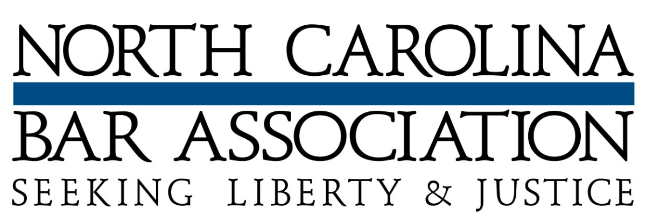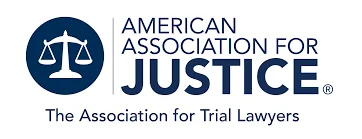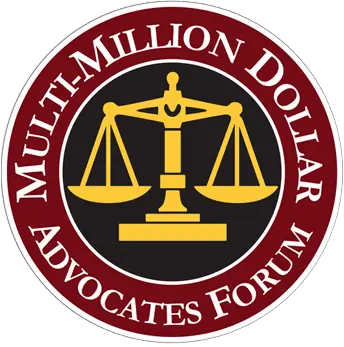Home » Financial Fraud & Securities Arbitration Has a financial advisor failed to disclose the risks associated with an investment, or used high pressure tactics for the sole purpose of boosting their commissions and fees?
If your financial advisor suggests highly frequent trades, this may be a red flag. In recent years, media coverage has brought attention to these schemes. Despite increased awareness, financial fraud continues to affect many individuals in North Carolina, potentially swindling them of their entire life’s savings.
Common types of Fraud
Our attorneys can represent clients in various types of advisor misconduct, including, but not limited to:
Securities Fraud: When the value of a company is misrepresented, either by the company itself, or by a third party in order to deceive investors into buying shares.
Identity Theft: Unlawfully obtaining another person’s identifying information, including social security numbers or bank account details for financial gain.
Breach of Fiduciary Duty: Financial advisors have a duty to put their clients’ financial interest before their own.
Negligence: If an advisor fails to comply with industry standards, or failed to act as a reasonably prudent investor would have acted, then you may have a claim.
Unsuitable Investments: Occurs when a financial advisor misrepresents the level of risk or expected return, or coerces a client into an unsuitable investment.
Churning: This occurs when an advisor aggressively encourages a client to make excessive trades in order to boost broker commissions.
Unauthorized trading: This occurs when an advisor makes a trade without the client’s authorization.
How can you recover your losses?
FINRA is a non-governmental organization authorized by Congress to regulate brokerage firms and the securities industry. Typically, agreements between clients and their financial advisors contain clauses requiring arbitration. Under these agreements, clients are usually prohibited from filing lawsuits in court and must instead file a claim for arbitration with FINRA.
How does FINRA Arbitration work?
Arbitration is similar to a court proceeding, but is less formal, costly, and can be quicker. Typically, during a FINRA arbitration your attorney will:
Prepare and File a Statement Claim: The statement will outline the allegations of negligence, fraud, or misconduct that resulted in your financial loss. Once filed, the financial firm has a certain amount of time to respond.
Select Arbitrators: Depending on the value of the claim, a panel of up to three independent arbitrators will be selected to preside over the case. For claims with less than $50,000 in damages, FINRA adjudicates the claims based on briefs submitted by the attorneys and does not hold a hearing.
Conduct Discovery: In general, discovery is limited to depositions of the parties and requests for documents.
Hearing: If the claim is in excess of $50,000, then your attorney will represent you at the hearing. The hearing will include opening statements, presentation of evidence, cross examination, and closing arguments. Typically, the decision will take 30 days and all decisions are binding, with appeals granted only in limited circumstances.
If you have suffered losses that may have been caused by your financial advisor’s negligence or fraud, contact the North Carolina financial fraud attorneys at Horton & Mendez today to see how we can help.



























